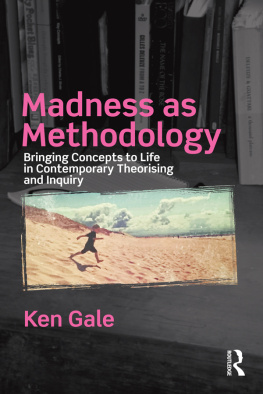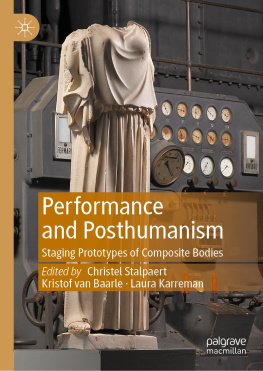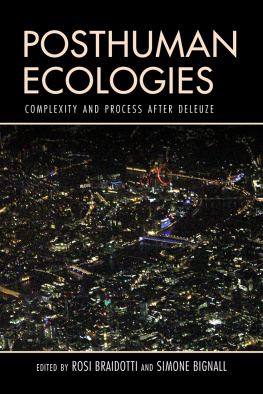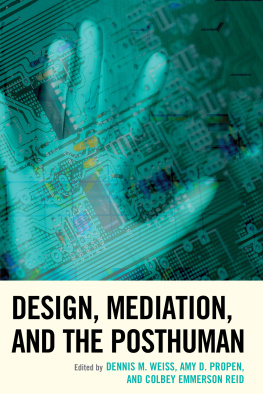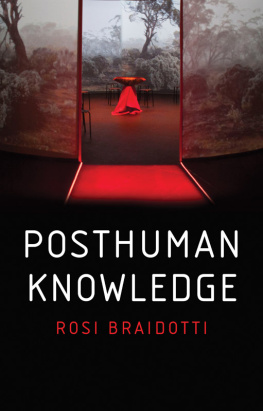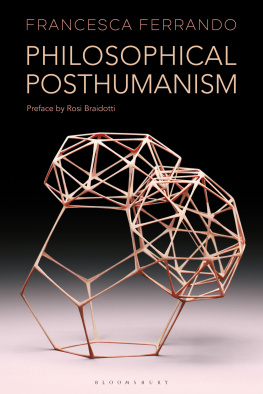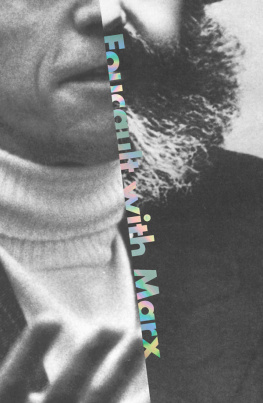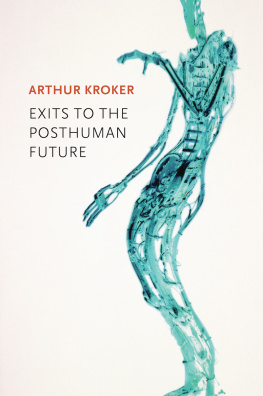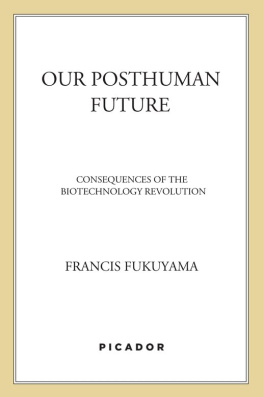Contents
Guide
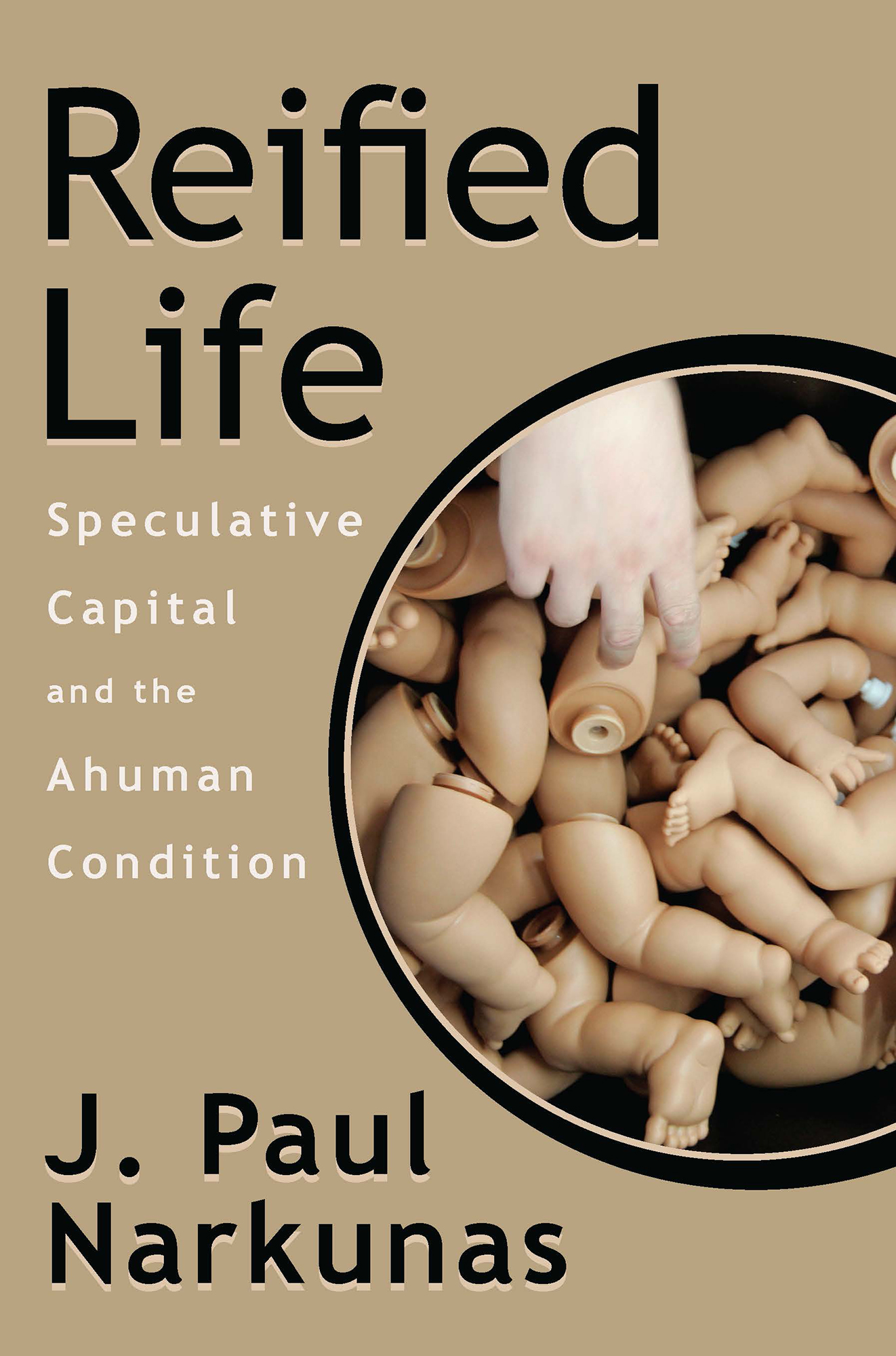
R EIFIED L IFE
Reified Life
S PECULATIVE C APITAL AND THE A HUMAN C ONDITION
J. P AUL N ARKUNAS
FORDHAM UNIVERSITY PRESS
New York 2018
Copyright 2018 Fordham University Press
All rights reserved. No part of this publication may be reproduced, stored in a retrieval system, or transmitted in any form or by any meanselectronic, mechanical, photocopy, recording, or any otherexcept for brief quotations in printed reviews, without the prior permission of the publisher.
Fordham University Press has no responsibility for the persistence or accuracy of URLs for external or third-party Internet websites referred to in this publication and does not guarantee that any content on such websites is, or will remain, accurate or appropriate.
Fordham University Press also publishes its books in a variety of electronic formats. Some content that appears in print may not be available in electronic books.
Visit us online at www.fordhampress.com.
Library of Congress Cataloging-in-Publication Data
Names: Narkunas, J. Paul, author.
Title: Reified life : speculative capital and the ahuman condition / J. Paul Narkunas.
Description: First edition. | New York, NY : Fordham University Press, 2018. | Includes bibliographical references and index.
Identifiers: LCCN 2018004952 | ISBN 9780823280308 (cloth : alk. paper) | ISBN 9780823280315 (pbk. : alk. paper)
Subjects: LCSH: Life. | Human beings. | Humanism. | Forecasting. | Poststructuralism. | Structuralism.
Classification: LCC BD435 .N37 2018 | DDC 128dc23
LC record available at https://lccn.loc.gov/2018004952
CONTENTS
This book has been a long, long time coming, and it has benefited from my idiosyncratic travels through institutions and fields of knowledge. I came of age at a unique and privileged moment in academic history when it was still possible to move among programs and disciplines, at least in the humanities. As a result of my initial peripatetic schooling, I accrued numerous debts that I cannot even begin to repay to my many teachersnot only those whose classes formed my thinking and encounters with the world, but also the colleagues, fellow graduate students, or people outside academia with whom I conversed over the years and who created inchoate thought.
Years ago, as a confused art historian at the University of Chicago studying the German Dadaists, I was enrolled in a seminar led by French philosopher Louis Marin. Marin taught while receiving chemotherapy, and sadly would die before the semester finished. Each week, he came in with ever-darkening circles beneath his eyes from the treatments, but in class he lived the joy of speculating on and debating ideas, offering me my first model of speculative thinking. The medieval art historian Linda Seidel challenged me to think beyond the history of art by undoing my historicist straitjacket and exposing me to the historicality of thought, and how power informs the writing of history. Arnold Davidsons class The History of Sexuality introduced me to the nuances of Michel Foucaults thinking, further unhinging how I thought and did history.
I then found myself in a unique cultural studies program at SUNY-Binghamton, where I was first exposed to Martin Heidegger, and to world-systems theory, through seminars at the Ferdinand Braudel Center. This aberrant conjunction of historical sociology and critique actually informs my present way of seeing the world. At Binghamton, urban sociologist Anthony King immersed me in studying the colonialism of everyday life in institutions and cultural practices, the work of Stuart Hall, and the global circulation of ideas, cultures, and structures due to capital. Christopher Fynsk and Bill Spanos shepherded me through the gathering of more Heidegger, Foucault, and Georges Bataille in two semesters than seemingly possible. Fynsk helped me to loosen my historians tendency to read everything written about a topic in order to avoid encountering or thinking the thing before me. Spanos provided a model of thinking seemingly incompatible traditions(Foucault, Heidegger, and Sartre read together? What heresy!)and practice conjunctural and intersectional thinking. His repeated love for the Heidegerrian auseinandersetzung, the strife that belong together as he put it, drives my focus on historically grounded theory and concrete criticism, the historical materialism of critique if you will.
At the University of Pittsburghs Critical and Cultural Studies program, I finally became situated following my un-homely graduate education travels. I thank my dissertation committee, Paul Bov, Marcia Landy, Ronald Judy, Terry Cochran of the Universit de Montreal, and Jonathan Arac (unofficially), for all of their guidance over the years. Paul Bovs classes on Foucault and Deleuze, on Marxs Grundrisse, and on Fascism and Literature have been defining, as was his direction of my dissertation. Marcia Landy directed me through Gramsci and Negri, as well as multiple Deleuze independent studies. The Pitt experience collectively set the stage for all that follows in this book.
I taught at the Pratt Institute for several years amid a first-rate group of colleagues in Sociology, Literature, and Critical Theory, whom I still consider my intellectual fellow travelers. Sociologists Ricardo Brown and Ivan Zatz-Diaz in the Department of Social Sciences, and Ethan Spigland in Film always kept me on my toes with Marx references or Deleuze passages. Suzanne Verderber, my office mate for years, was a challenging interlocutor in the most profound way during my time there, and continues to expose me to new ideas and thinkers like Anne Sauvagnargues. I also thank Verderber, Peter Canning, and two former students, Brian Edgerton, and Jason Orrell, for the Lacan-inspired Cartel reading group and experiment in eventful thinkinghow to think before structuring into predetermined concepts and narrative, to think topologically.
The English Department at John Jay College, City University of New York, is my home and an enclave of supportive collegiality. I thank my chairs Allison Pease and Jay Gates, as well as my colleagues whose encouragement or conversation have further shaped this book: Valerie Allen, Dale Barleben, Bettina Carbonell, Effie Cochran, Devin Harner, Richard Haw, Alexander Long, Nivedita Majumdar, John Matteson, Jean Mills, Dainius Remeza, and Alexander Schlutz. My students at John Jay College have indulged many of the books arguments over the years, and have pushed me to refine my arguments. I thank them for all they have taught me over the years and for their perseverance amid a disintegrating social contract.
I have received release time support from multiple PSC-CUNY Research Awards, which have made all the difference. The Andrew Mellon Foundation Fellowship at the Center for the Humanities, CUNY Graduate Center, offered intellectual engagement and support to participate in a seminar devoted to freedom. The other members of the seminar, especially Shelly Eversley, Michael Mandiberg, Karen Miller, Premilla Nadesan, and Bilge Yesi, helped me weigh freedom from multiple intellectual, historical, and disciplinary trajectories. I must single out my infinite debt to the Faculty Fellowship Publication Program, Office of the Dean of Recruitment for Diversity, for the release time, and for such an important support program. The other members of my FFPP group, Siraj Ahmed and Moustafa Bayoumi, Francesco Crocco, Sandra Heng, Gavin Hollis, Shereen Inayatulla, and Claudia Pistano, provided invaluable feedback. This publication, as well as others, would not have been possible without the FFPP.


